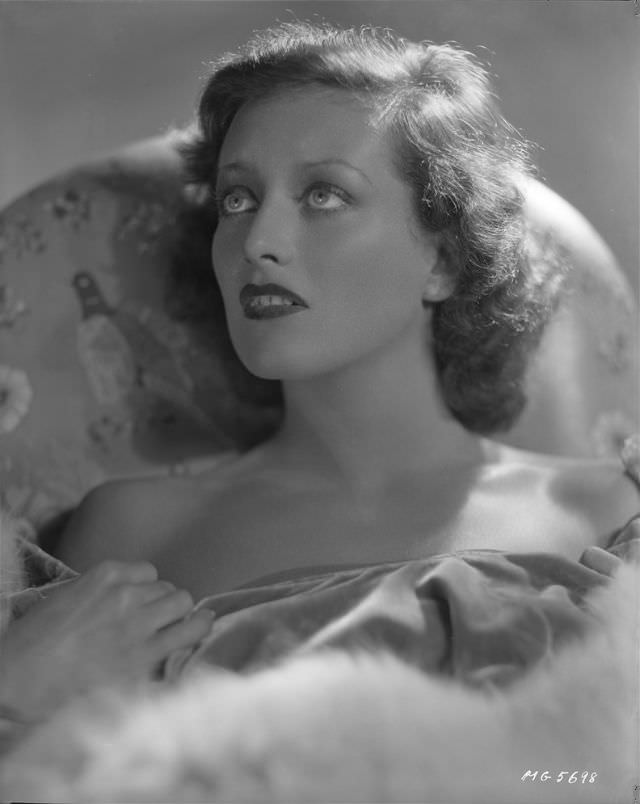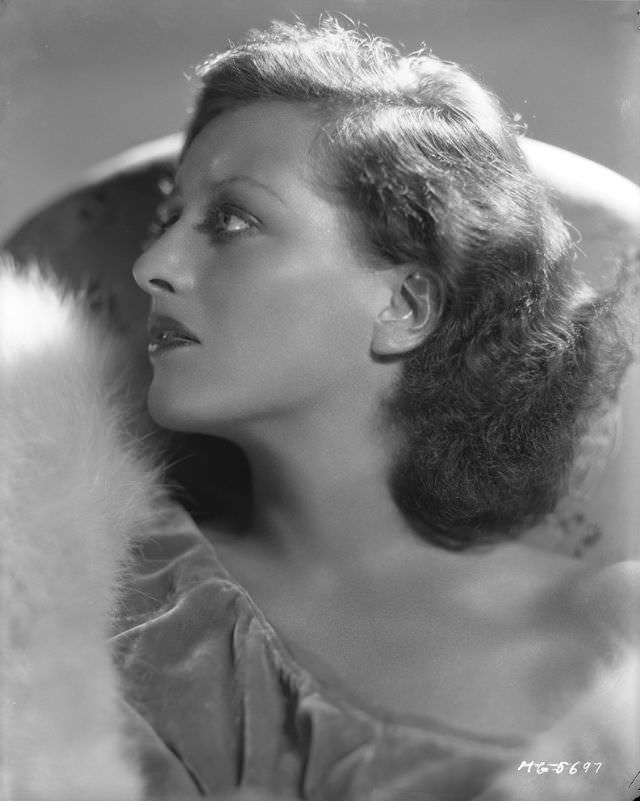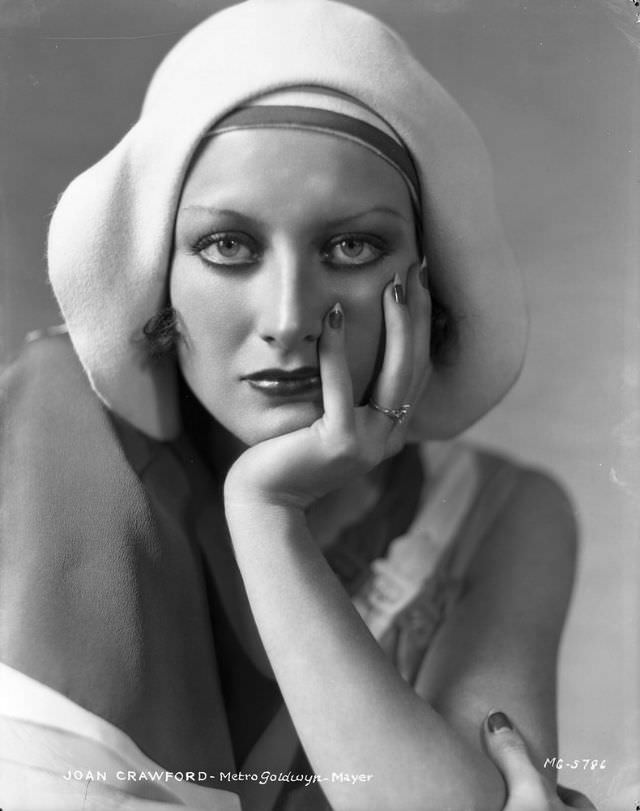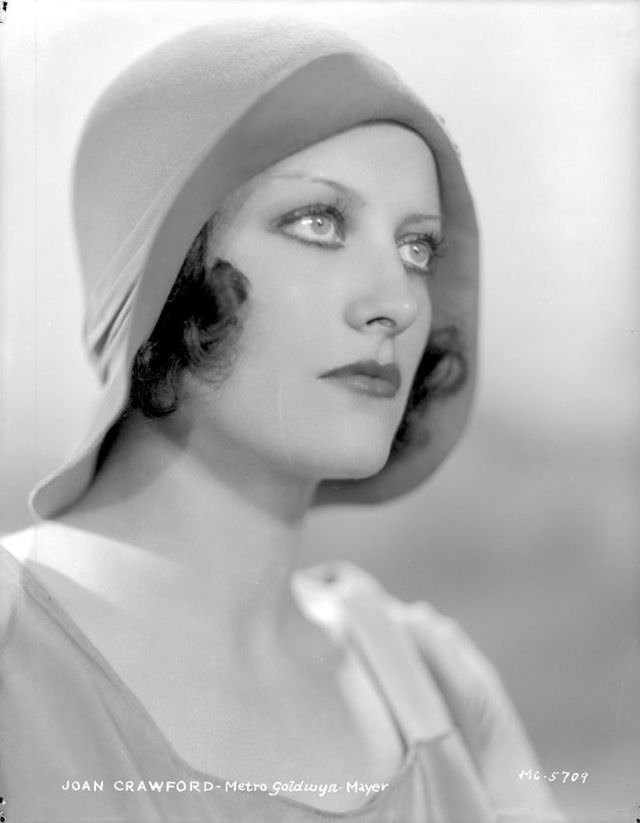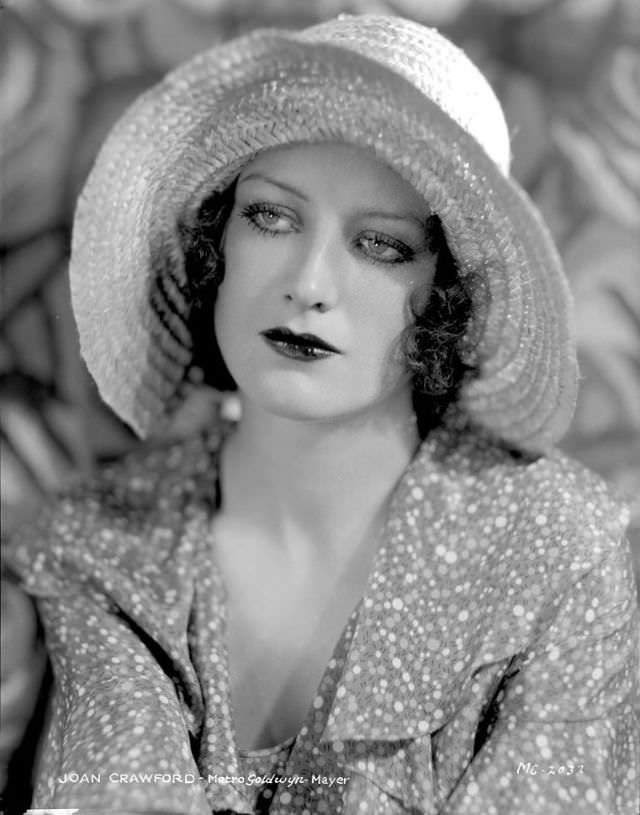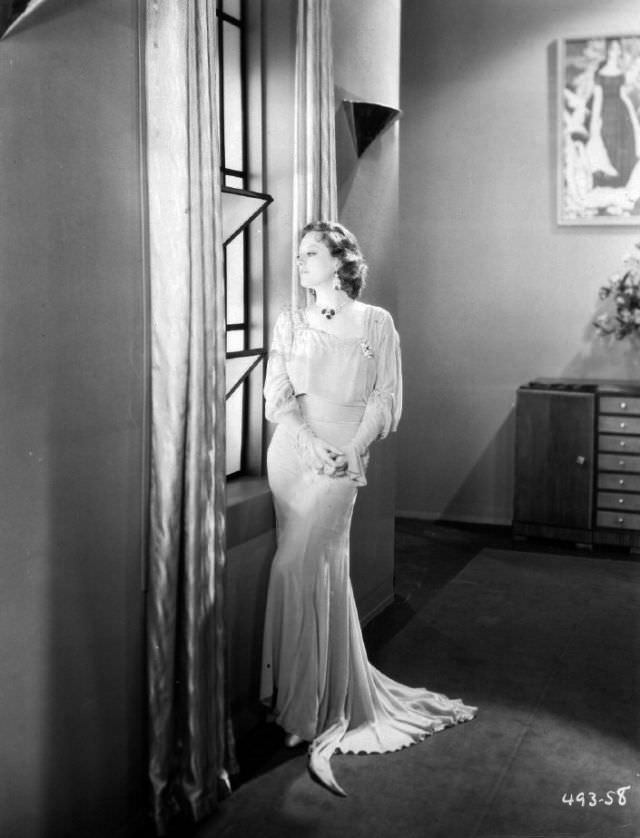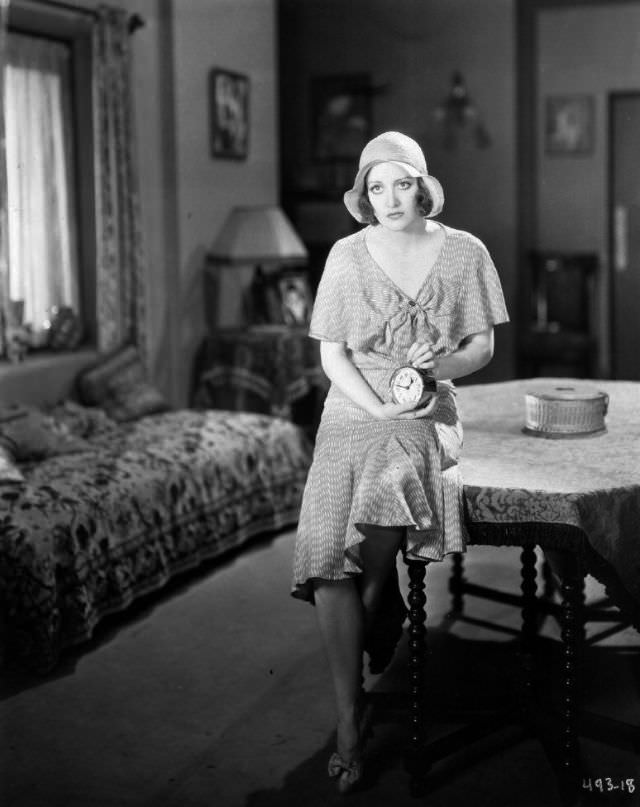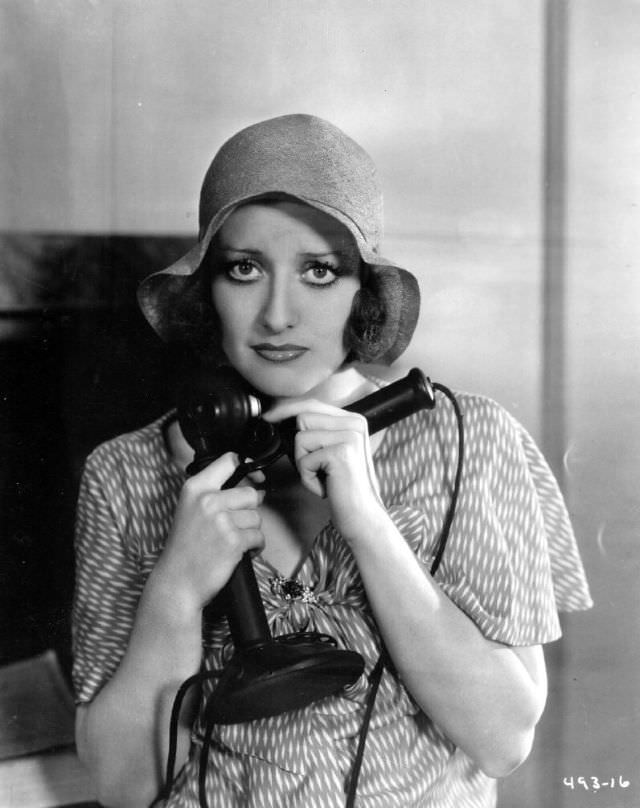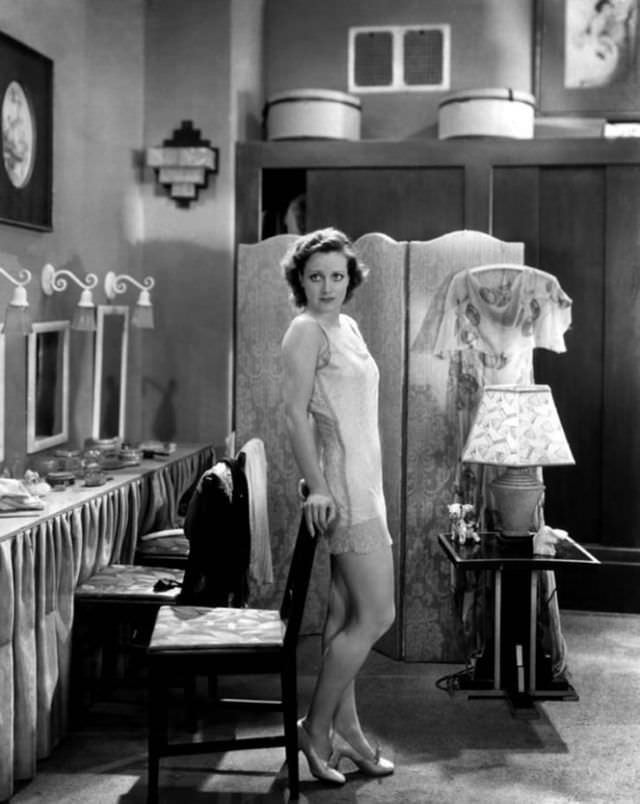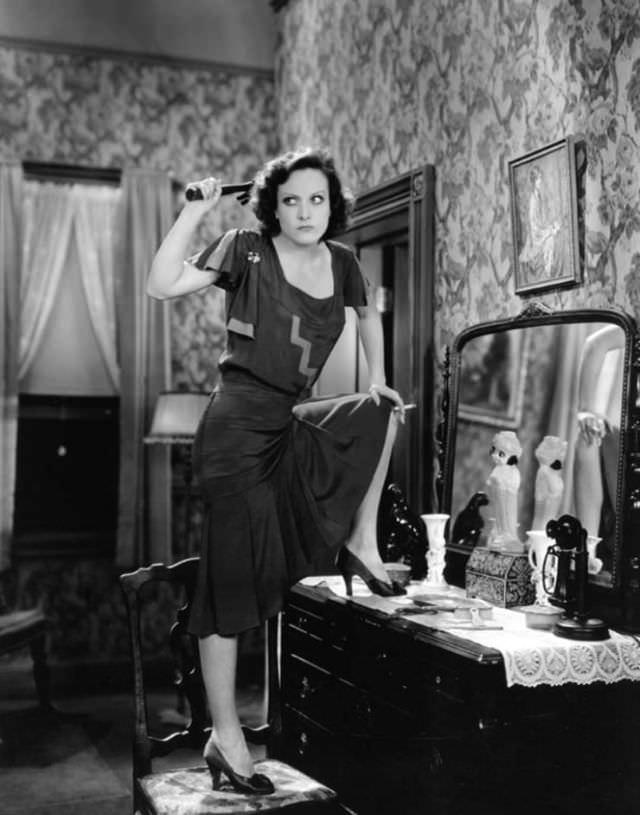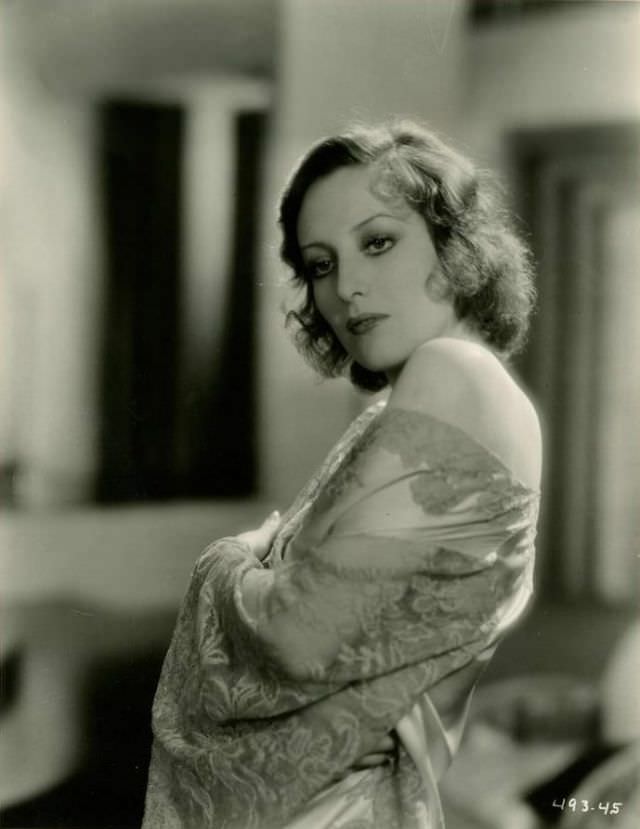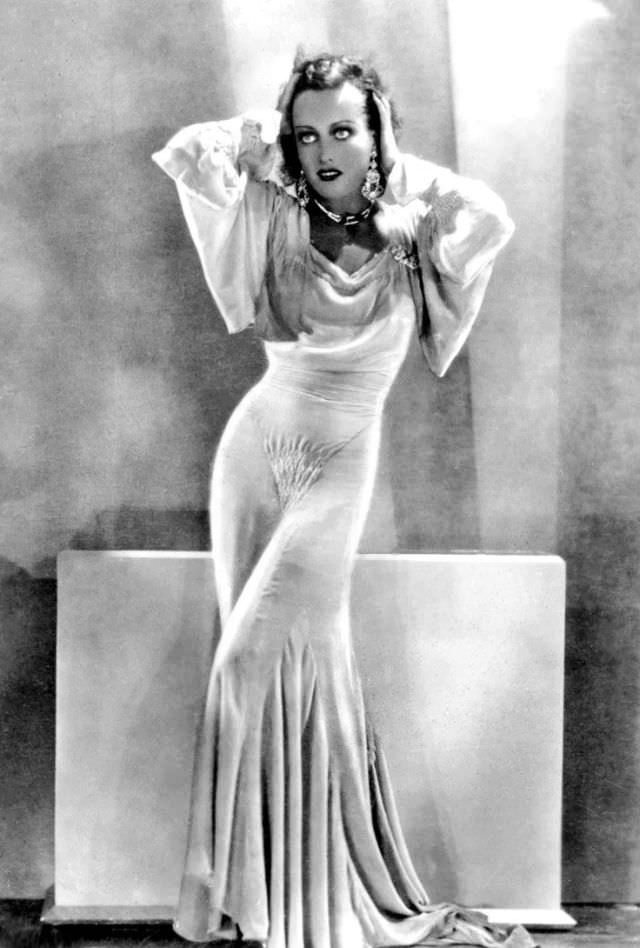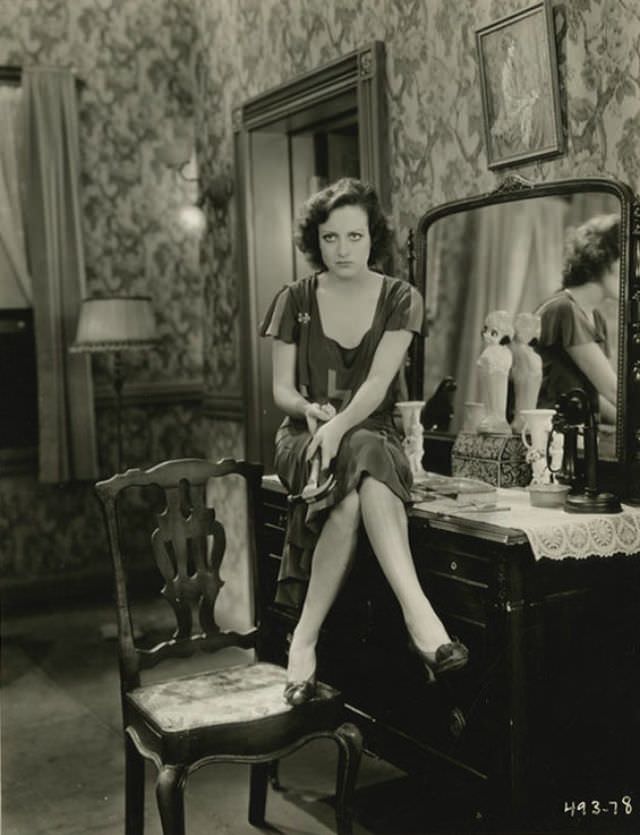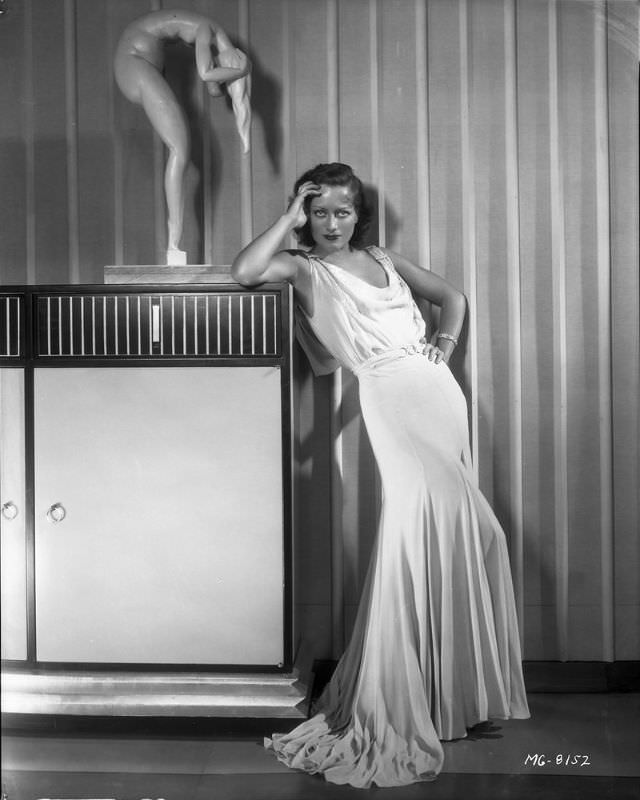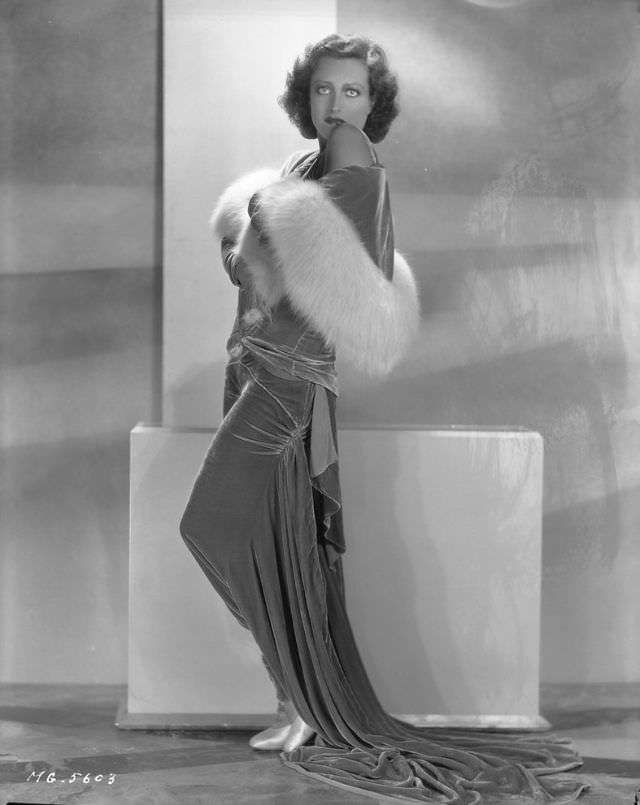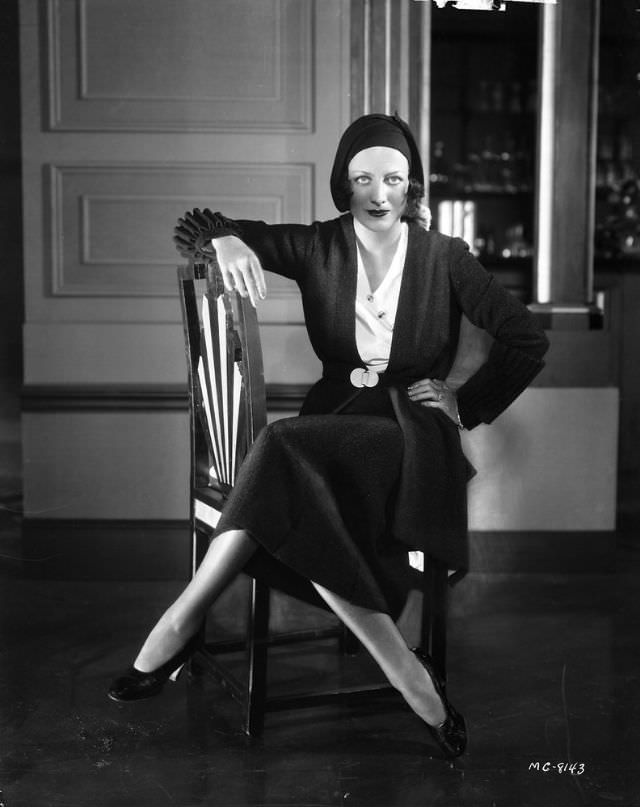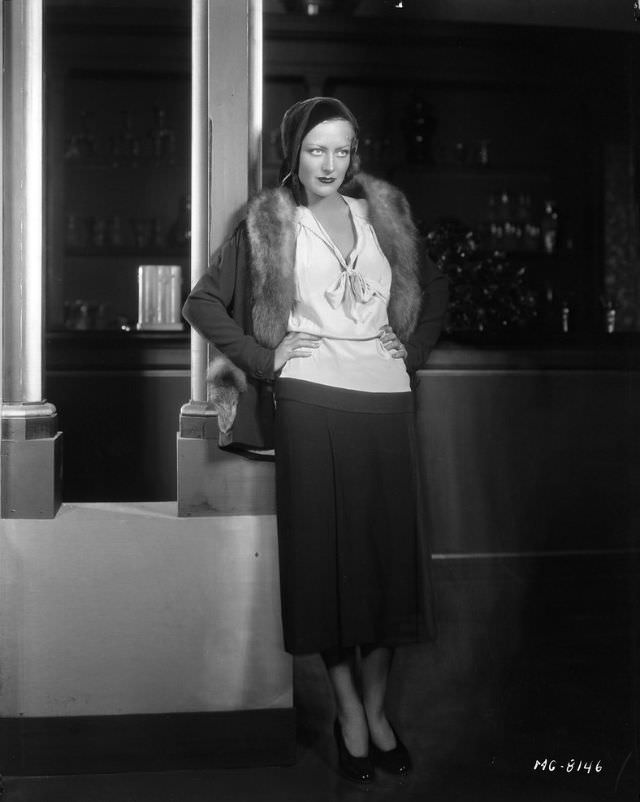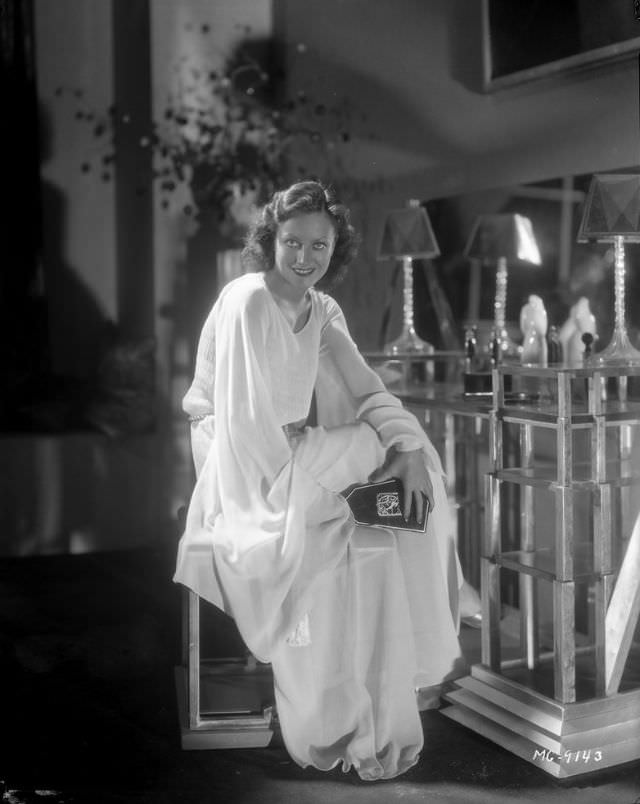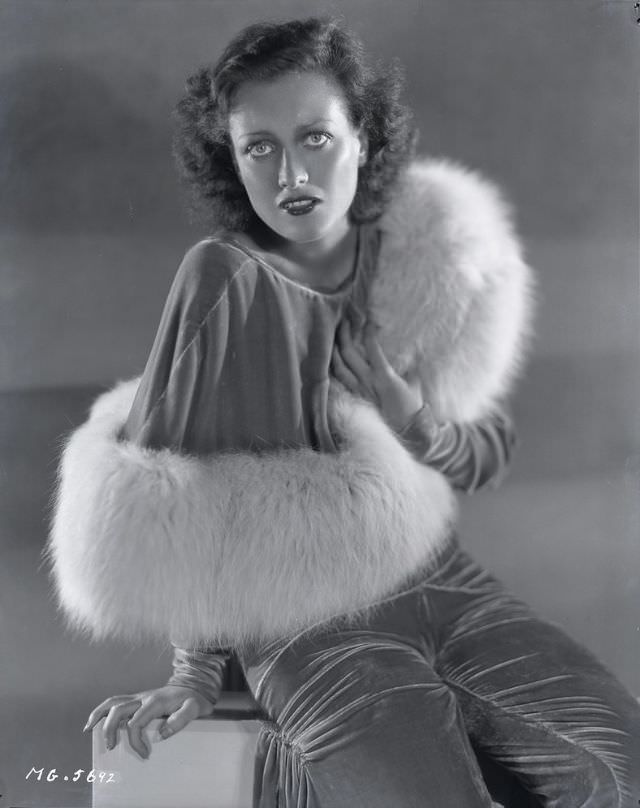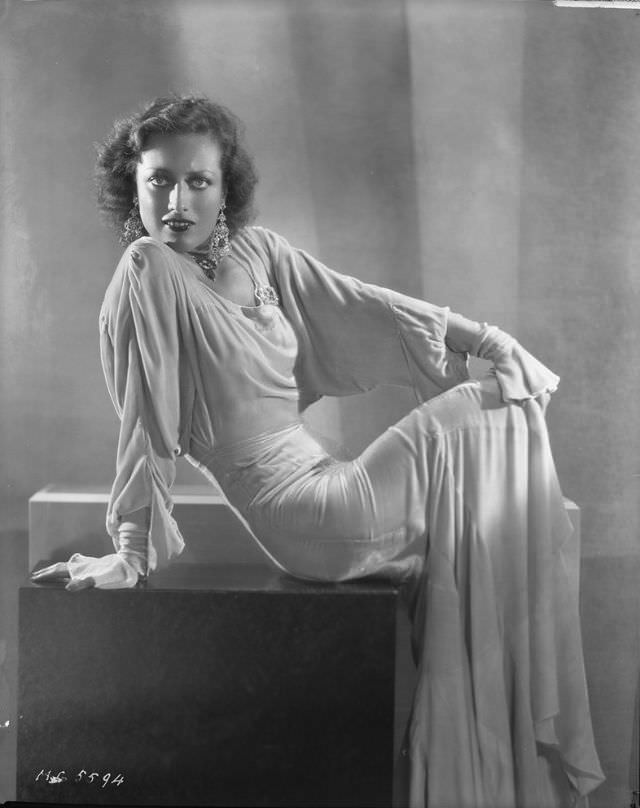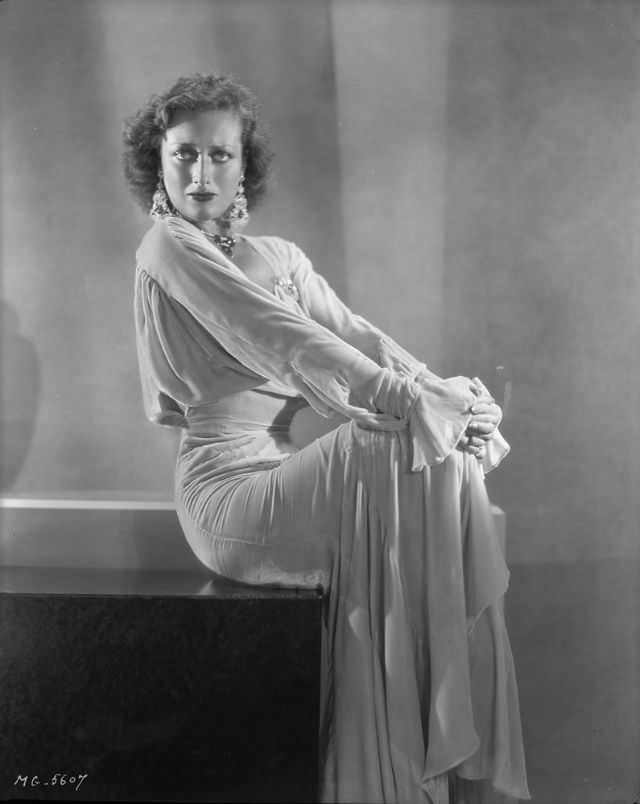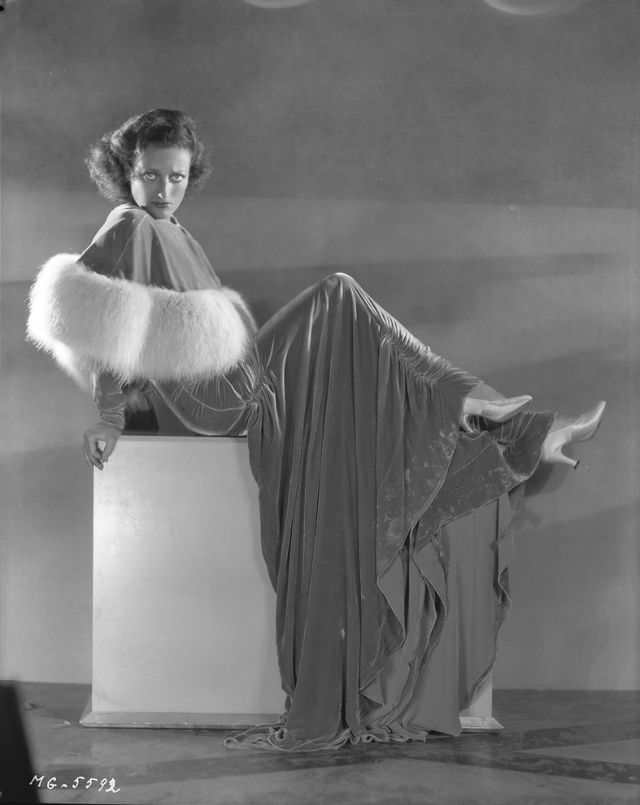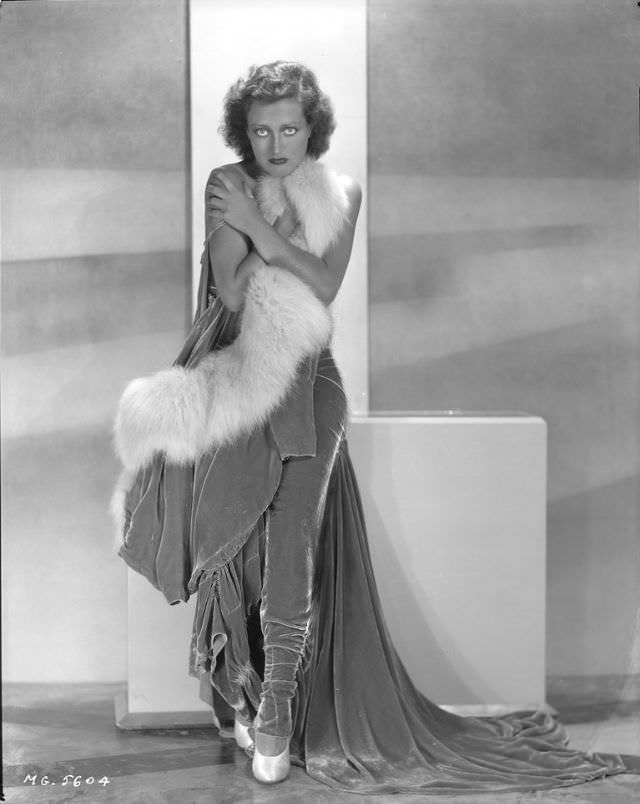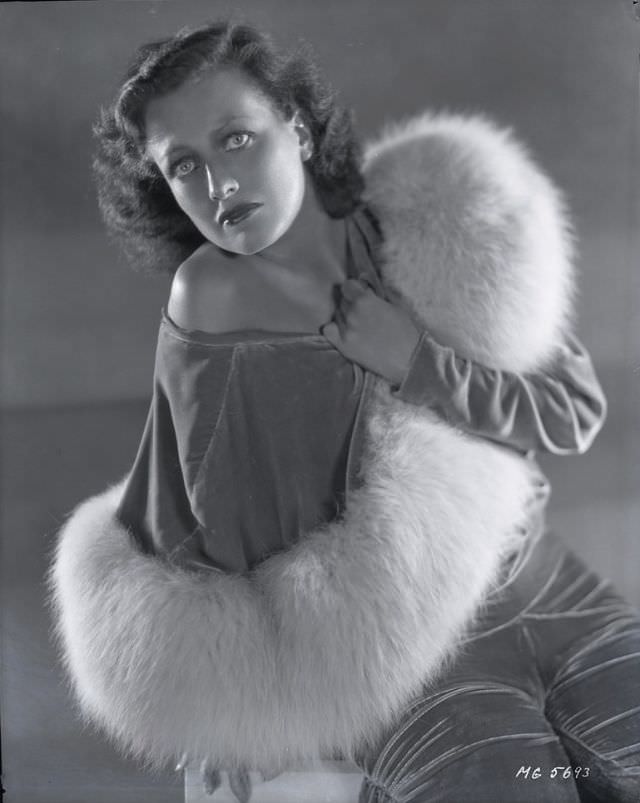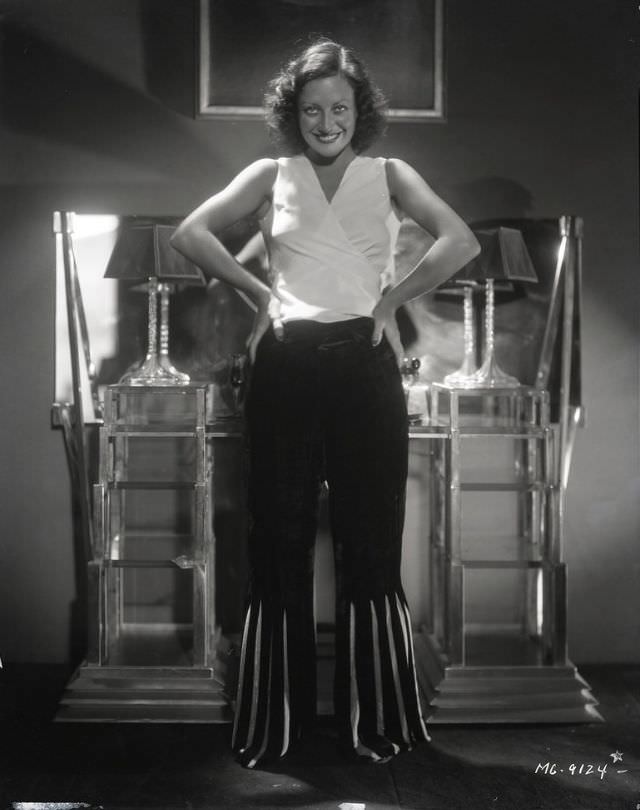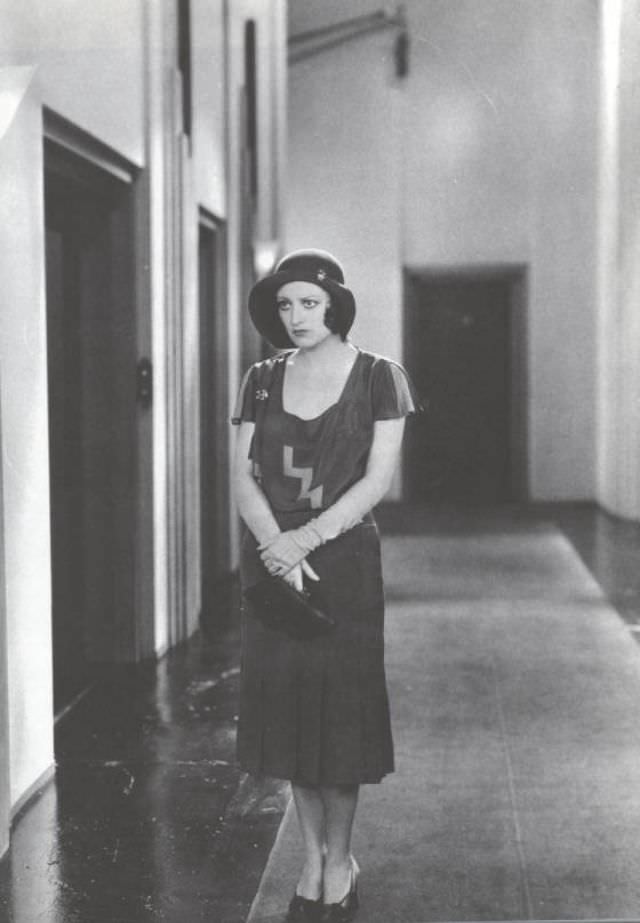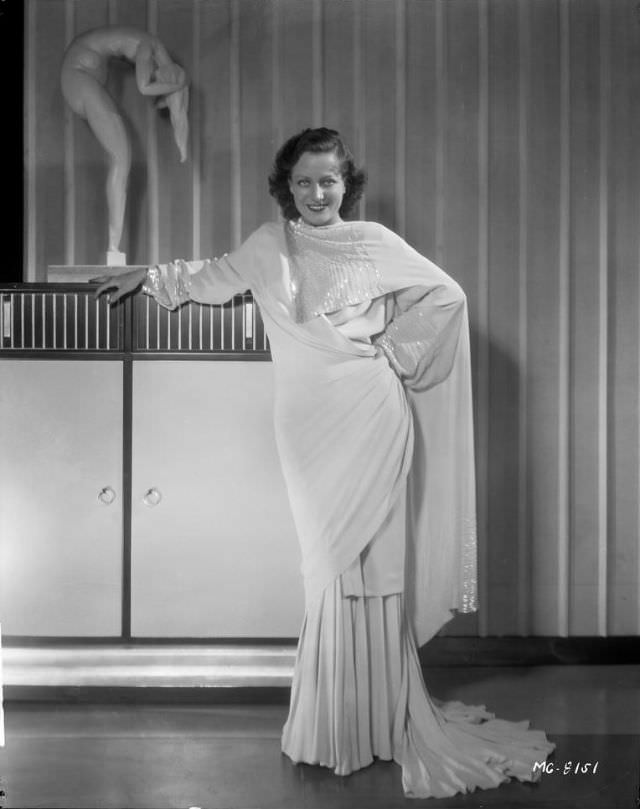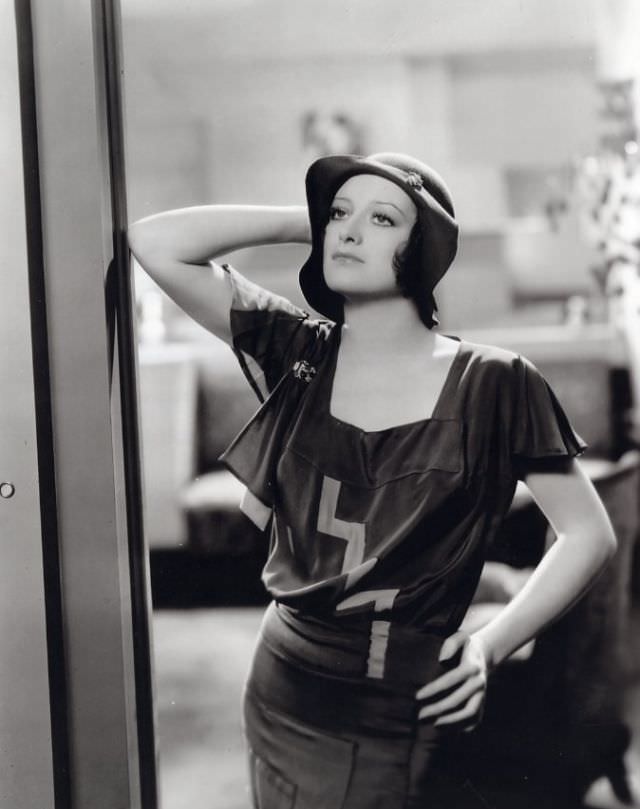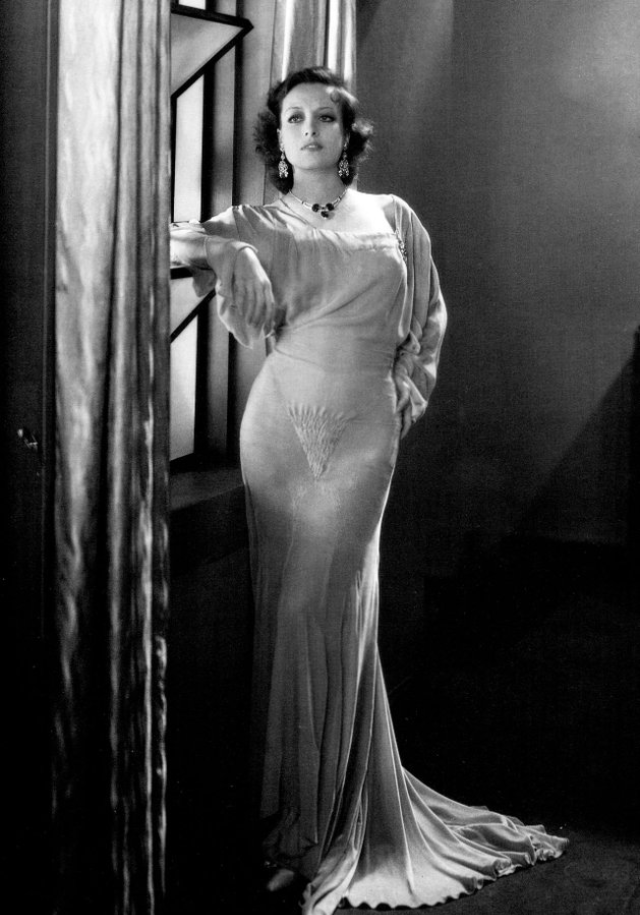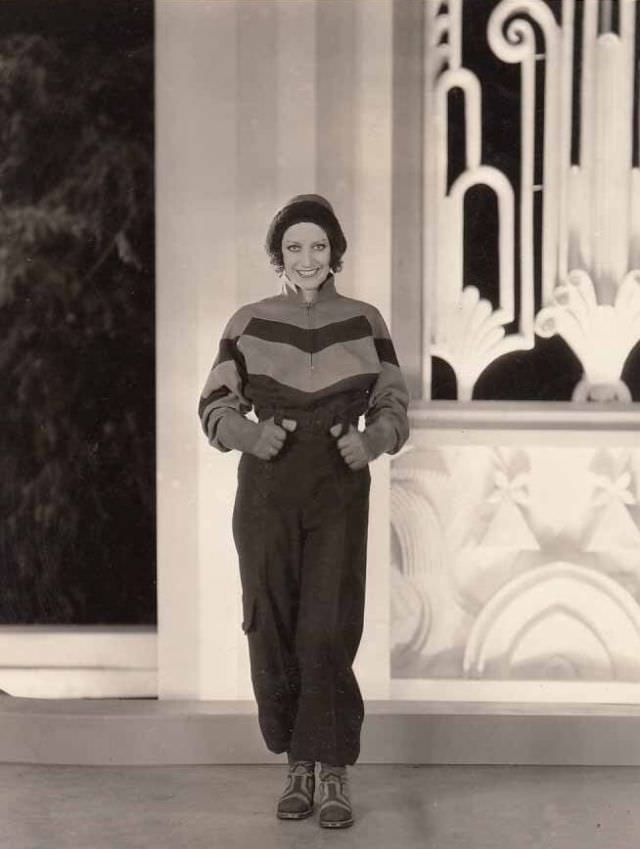In “Our Blushing Brides,” Joan Crawford plays Jerry March, a determined and independent young woman who, along with her two roommates, navigates the complexities of love, ambition, and societal expectations in the bustling world of New York City. As a salesgirl at Jardine’s Department Store, Jerry embodies the aspirations and dilemmas of the modern woman of the 1930s, torn between the pursuit of romantic love and the desire for economic independence.
In an era when women’s roles were often confined to the domestic sphere or simplistic character archetypes, Crawford infused Jerry with a sense of strength, intelligence, and autonomy. Her interaction with her co-stars, Anita Page and Dorothy Sebastian, who play her roommates, Connie and Franky, respectively, adds depth to her performance. The chemistry among the trio underscores the film’s exploration of friendship, rivalry, and solidarity among women. Crawford’s Jerry is the moral and emotional anchor of the group, guiding the narrative with her pragmatic approach to life’s challenges.
The film was released at time when Hollywood was still operating under the relatively lax constraints of the Pre-Code era, allowing for more explicit exploration of themes such as sexuality, female independence, and social critique.


